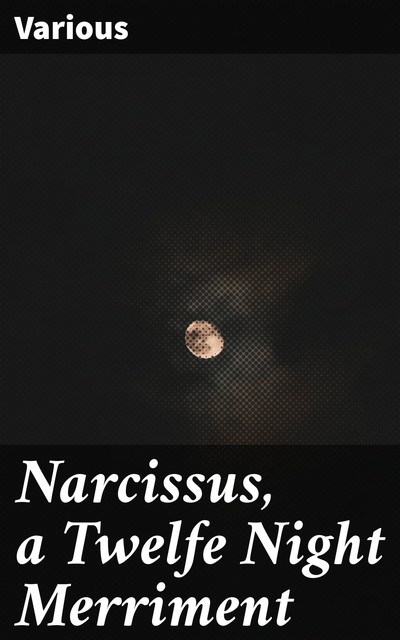Narcissus, a Twelfe Night Merriment is a vibrant tapestry of Elizabethan humor and satire that captures the complex interplay between identity, love, and the folly of self-obsession. Written in the style of a traditional comedy, the text utilizes witty dialogue, rich characterizations, and intricate plot twists to explore themes of mistaken identity and the pursuit of affection. Set against the backdrop of a festive Twelfth Night celebration, this literary piece weaves together elements of farce and social commentary, providing a lens through which readers can examine the absurdities of romantic entanglement and societal expectations. The authorship of Narcissus is attributed to various pens, reflecting the collaborative nature of many Elizabethan works. This collective input likely draws from a blend of influences, including classical comedy and contemporary social discourse. The playful engagement with mythological motifs, particularly the tale of Narcissus, speaks to the cultural preoccupations of the time, touching upon ideas of desire and the perils of vanity that resonate throughout the period's literature. This book is highly recommended for readers interested in the dynamics of early modern comedy and audiences drawn to the complexities of human relationships. Its playful yet insightful examination of identity and emotional folly makes it both an entertaining and thought-provoking read, ideal for scholars, enthusiasts, and anyone seeking a deeper understanding of the humor inherent in human nature.

